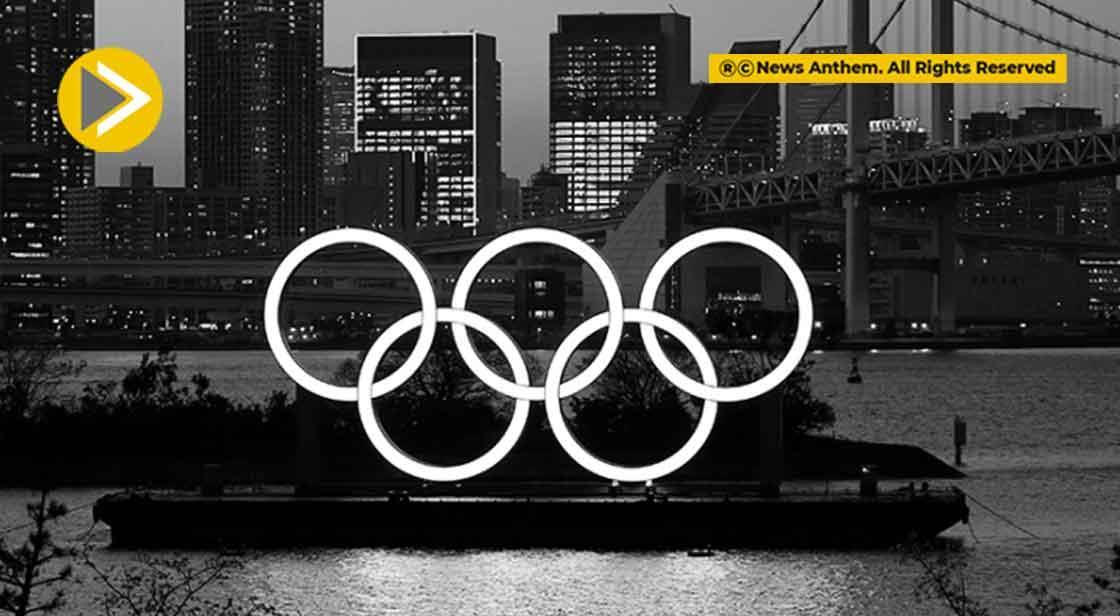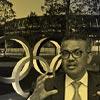US Olympic Officials Ban Transgender Women from Women's Events at Olympics

News Synopsis
The United States Olympic and Paralympic Committee (USOPC) has enacted a policy that effectively bans transgender women from competing in women’s sports categories. The policy was implemented with minimal publicity on July 21, via a quiet update on the USOPC’s website. It aligns with an executive order signed earlier this year by former President Donald Trump, titled "Keeping Men Out of Women’s Sports."
This move requires all U.S. Olympic-affiliated sports federations—including swimming, athletics, fencing, and others—to revise their eligibility rules to comply with the federal directive.
Executive Order Cited as Basis for Policy Shift
Trump’s executive order, signed in February 2025, mandates that federally funded sports organizations prohibit transgender women from participating in women’s sports. The order threatens to cut off funding to any institution or governing body that fails to comply.
In response, the USOPC emphasized its legal obligation as a federally chartered organization to adhere to these guidelines. In a letter addressed to national governing bodies (NGBs), USOPC CEO Sarah Hirshland and President Gene Sykes explained that their updated policy reflects the necessity to “ensure fair and safe competition environments for women.”
Broader Impact on National Governing Bodies
The USOPC oversees nearly 50 NGBs across various sports. These organizations must now adjust their own policies to stay in compliance. This means changes could extend beyond elite competitions to local clubs and community-level sports programs.
Some NGBs had already started making changes. For instance, USA Fencing has announced a new policy effective August 1, which allows only athletes assigned female at birth to compete in women’s events. Meanwhile, men’s events are open to transgender women, transgender men, non-binary, intersex, and cisgender male athletes.
USA Swimming is currently reviewing the USOPC’s directive and is in consultation to determine necessary adjustments to its own rules.
Reactions from Advocacy Groups and Athletes
The decision has drawn immediate backlash from civil rights organizations and athlete advocacy groups. The National Women’s Law Center strongly condemned the move, accusing the USOPC of prioritizing political pressure over athlete welfare.
“The USOPC is sacrificing the needs and safety of its own athletes,” said Fatima Goss Graves, President and CEO of the center. Critics argue that the policy targets a small, marginalized group and enforces discriminatory practices under the guise of fairness.
Global and Domestic Policy Trends
The USOPC’s decision mirrors broader trends at both the national and international levels. The NCAA earlier this year revised its own transgender participation policy, limiting women’s sports eligibility to individuals assigned female at birth. This change came shortly after Trump’s executive order was signed.
Globally, sports federations like World Athletics, World Aquatics, and UCI (Cycling) have adopted similar policies, largely barring transgender women who have undergone male puberty from competing in the women’s category.
The International Olympic Committee (IOC), under new leadership from President Kirsty Coventry, has also emphasized protecting the integrity of the female category. However, the IOC currently allows each sport’s governing body to set its own rules for Olympic eligibility.
Los Angeles 2028 and the Road Ahead
The impact of this policy could extend to the Los Angeles 2028 Olympic Games, as the Trump administration has indicated a strong interest in reshaping IOC policy on transgender athletes. Trump himself has called for a global overhaul, describing transgender participation in women’s sports as an "absolutely ridiculous subject."
As discussions evolve, more sports may adopt testosterone-based or puberty-related criteria to determine eligibility, including soccer, which is actively reviewing its policies.
Conclusion: A Polarizing Decision with Far-Reaching Implications
The USOPC’s decision to enforce Trump’s executive order on transgender participation in women’s sports represents a pivotal moment in the ongoing debate over gender and fairness in athletics. Supporters argue the move protects women’s sports from unfair competition, while critics view it as discriminatory and politically motivated.
As national and international sports bodies adapt, the implications will ripple through both elite and grassroots sports, raising questions about inclusion, fairness, and the future of gendered categories in athletics.
You May Like









